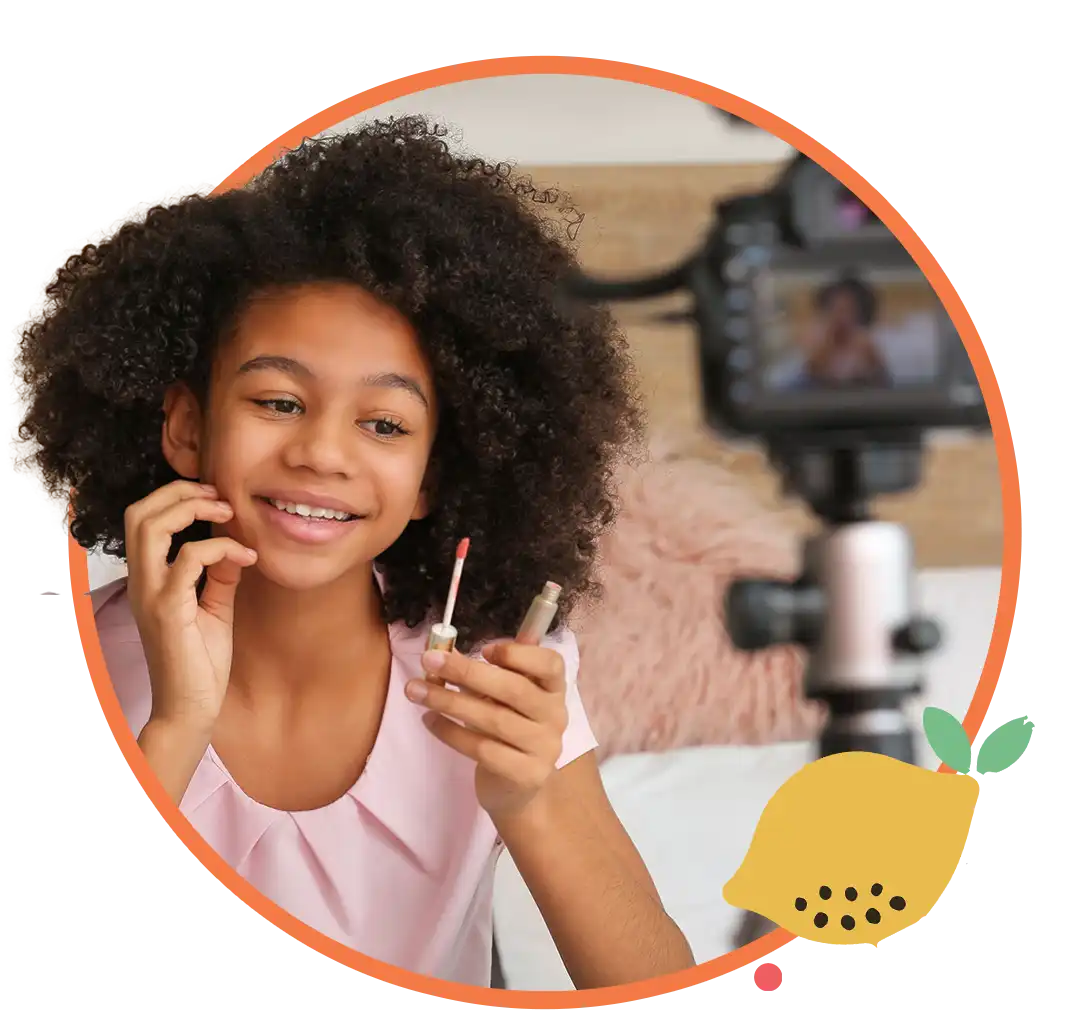Quiet periods in your acting career can be challenging, but they’re also a golden opportunity for young actors to learn, grow, and prepare for future roles. Here’s how to stay productive and positive during these times:
Refresh Your Actor’s Toolkit
Even as a young actor, it’s crucial to keep your headshots, CV, and any introductory videos current. Use quieter times to make sure your materials are updated and reflect your most recent look and skills. This ensures you’re ready to go when new opportunities come up.

Enhance Your Showreel
For young actors, showreels should highlight your range and abilities through a series of short, engaging scenes. Use downtime to work with your parents or guardians to update your showreel, ensuring it showcases your best performances. A compelling showreel can really make you stand out to casting directors.
Practice Self-Taping
Self-taping is a skill that actors of all ages need. Use quiet periods to practice filming auditions at home with the help of family. Experiment with different setups to find the best lighting and background that make you look your best on camera.
Join Youth Acting Workshops
Participate in acting classes or workshops specifically designed for kids and teens. These are great for learning new acting techniques and keeping your skills sharp. Workshops can also be fun and a great place to make new friends who share your interests.
Learn New Skills
Picking up a new hobby or skill not only is fun but also enhances your versatility as an actor. Whether it’s a musical instrument, a sport, or a new dance style, every new skill you learn can help in future roles.
Support Your Peers
Stay connected with your fellow young actors. Share tips, practice scenes together, or even create small projects as a team. Supporting each other is important, and you never know what opportunities might come from working together.
Watch Live Performances and Films
Watching plays, films, and TV shows is a great way to learn. Discuss performances with friends or family to understand different acting styles and techniques. This not only helps improve your own skills but also keeps you engaged with the acting world.
Write and Create
If you enjoy storytelling, why not try writing your own scripts or stories? Creating your own work can be incredibly rewarding and might lead to unique opportunities to perform what you’ve written.

Engage With the Arts
Exploring different forms of art can inspire and influence your acting. Listen to music, visit museums, or read books. All these activities enrich your understanding of the world and can enhance your performances.
Take Time to Relax
It’s also important to relax and have fun. Enjoy your hobbies, spend time with family and friends, and make sure you’re well-rested and happy. A happy actor is a more creative and effective actor.
Conclusion
Downtime in your acting career doesn’t have to be unproductive. Use it to develop skills, make connections, and recharge your energy. This way, when new auditions come up, you’ll be ready to shine with confidence and new abilities. Keep a positive attitude, and remember that every experience is an opportunity to grow.





